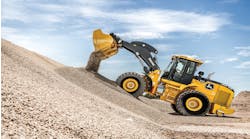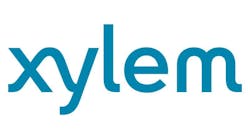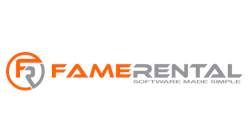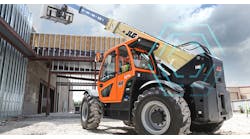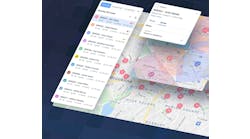Going way back to the 1950s, in the early days of the rental industry, the slogan “we rent most everything” was fairly common as the new concept of tool and equipment rental was being established here in North America. People were just discovering that they could rent lawnmowers and tillers and air compressors and scaffolding and larger pieces of equipment as well. In addition to tools and equipment, some rental centers rented sewing machines and audio-visual equipment, adding machines and typewriters, home-health care and exercise equipment, and as the slogan said “most everything.” California Rental Association executive director Dale Blackwell, whose family still owns Aba Daba Rentals in Sacramento, recalls the time his mother went out to start her car one morning only to find her husband had rented it to somebody.
Although the “rent everything” concept still exists here and there, especially in small towns, for the most part that type of rental business isn’t around much anymore. While general rental is common still, even in general rental companies renting just about everything doesn’t really fly anymore. Rental companies need utilization and they carefully track what is rented regularly and what isn’t. And while carrying an asset because a regular customer asks for it still occurs with most rental businesses, rental companies are far more scientific about what goes into their inventory and what continues to stay in it as they measure the performance of each category of equipment they carry.
In this month’s cover story, Gary Stansberry explains the importance of figuring out what your rental identity is. Is your company a general rental center? Is it a construction equipment rental company? An aerial specialist? A specialty company that offers trench shoring or generators or pumps or some combination of those unique items, making you experts in that area? Or is your company a full-line equipment rental company? Are you a distributor that also has a rental division?
While sometimes these definitions aren’t fully defined or inclusive and many rental companies are hybrids to one degree or another, in this day and age it is important to define for yourself what kind of business your company is. Clearly definition is important if you want to position your rental company for a potential sale so a buyer can understand what you do and what your strengths and weaknesses are. But defining your business is equally important for planning your strategies going forward.
I could see how important that sense of identity is as I talked with rental people at The Rental Show last month. You’re at a trade show with more than 700 exhibitors. There are so many products to consider. You need to know what works for your rental company and what doesn’t. There are great products out there that don’t necessarily fit your business style and what you want to achieve. If you have a clear vision and path going forward, making decisions is much easier.
An understanding of your business identity is important in planning what kind of staff and what kind of facility you need to have, where it should be located, how you communicate with customers and how to plan fleet going forward. I suggest reading Stansberry’s article to see how your business is doing in relation to the key composite metrics he describes. Your company might not fit exactly into the categories as he defines them but his overview may help you clarify what your business is.
His article might also help you consider various factors involved with a certain way of doing business. For example, if you think there’s a great opportunity in your market to specialize in a certain segment such as power generation or aerial or pumps, you need to consider what specialization entails. Do you have staff trained in that area? Buying a bunch of pumps doesn’t make you a pump specialist. You and your staff need the knowledge customers will expect; your mechanics need the training and specialization, and so on. There’s a lot that goes into it.
In last month’s issue, we interviewed John Milne who raised similar points, and said that any business owner should be able to explain in two minutes what makes his business unique. If the owner can’t do that, potential buyers won’t get it, banks or other lenders won’t get it, your customers won’t get it and your employees won’t either.
One rental company owner once said to me, “This business is simple. We rent stuff. That’s all there is to it.”
Yeah, I suppose you could see things that way. But defining it more clearly has advantages that can make your rental business much more efficient and profitable.

